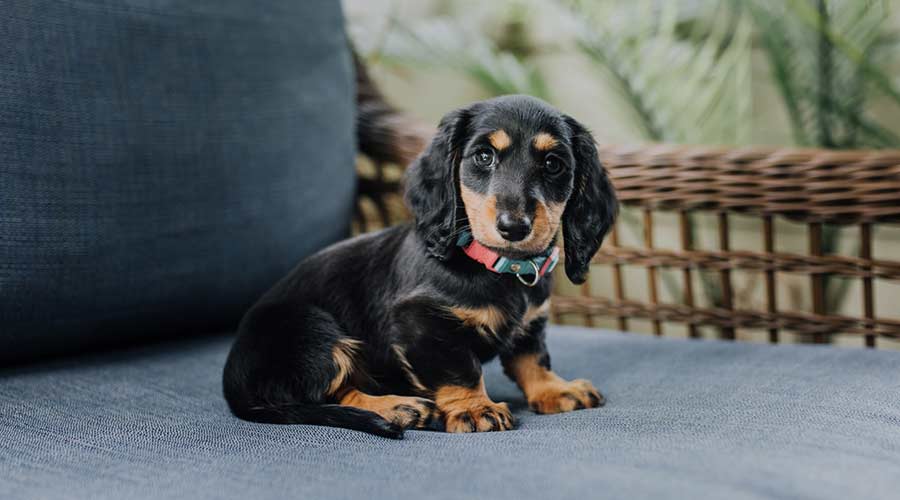
During the first few days, you should take time off. Your puppy does not want to be left without even really knowing you. Leaving him alone immediately is detrimental to bonding and will cause your dog to develop separation anxiety and probably not wait for you at home easily as an adult.
Many people see their four-legged friend as a partner. That in itself is not…
There are commands that every dog must learn - and follow without hesitation. Learn…
Small, clumsy and so cute! But the newcomers turn everyday life upside down. Now…
Even before your four-legged friend moves in with you, you need to take precautions…